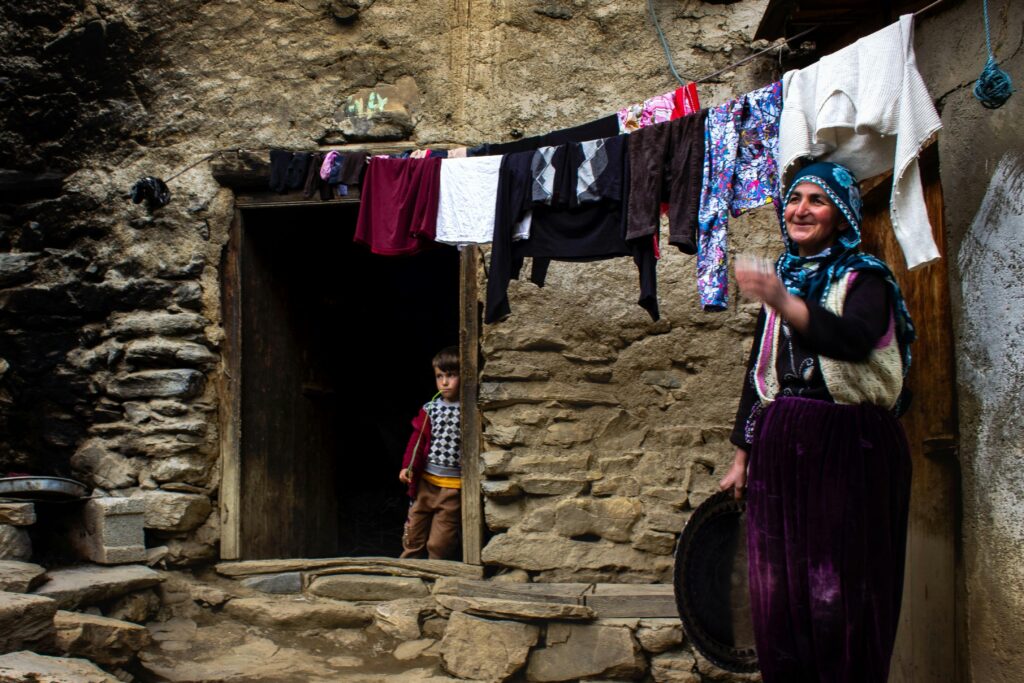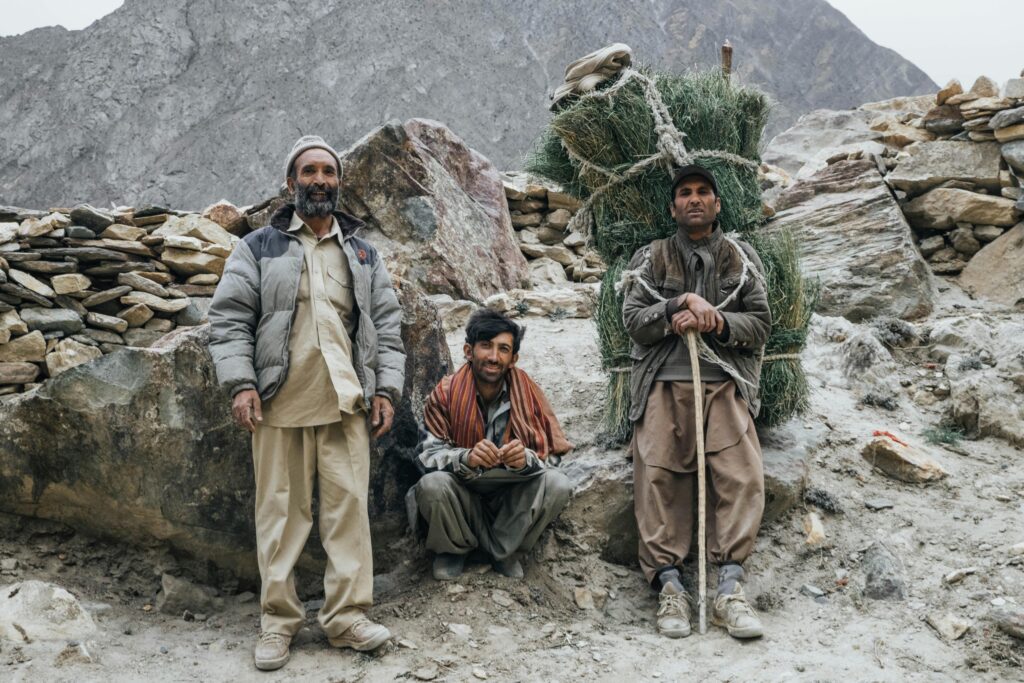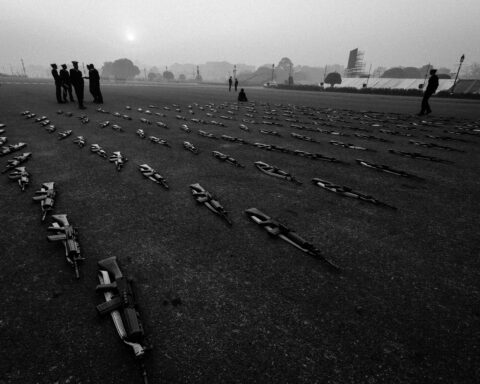If you’ve ever lived in or even passed through the mountainous villages of northern Pakistan, you’ve likely felt something unusual. Something warm. Something different from the transactional air of most cities. You’d find it in the way neighbors help each other gather firewood, or how children can walk into any house and feel at home. That something, simply put, is communal living.
But here’s the hard truth, communal living, as we knew it, is on its way out.
Not because people stopped caring. Not because they forgot the beauty of togetherness. But because they no longer have to rely on each other like they once did.
Poverty, Not Philosophy, Birthed Communal Living
Let’s be honest, communal lifestyles weren’t born out of idealism. They were a consequence of resource scarcity. In places like Gilgit-Baltistan, where winters are unforgiving, where infrastructure has always lagged behind, and where survival often meant sharing every last sack of wheat or jar of ghee, people didn’t choose to live communally because it was beautiful. They did it because they had no other option.
And strangely enough, from that hardship emerged something incredibly human, trust, generosity, compassion. Everyone depended on each other. You helped your neighbor build a roof because you knew next season, he’d help repair yours. You gave away the last of your milk because someone had done the same for you a week ago. It was survival, yes—but it was also love.

Globalization Is Changing the Equation
But times are changing and its changing fast. Roads are reaching where once there were only trails. Markets are flooding in with goods from down country and abroad. Smartphones have made even the most remote valleys feel closer to the outside world.
People no longer need to lean on their village for flour, cloth, or medicine. They can now buy, earn, and solve problems on their own. With increased access to services and infrastructure, the need to be communal is gradually being replaced by a growing sense of self-sufficiency.
What was once “we survive together” is becoming “I’ll manage on my own.”
The Happiness Paradox
Here’s where it gets complicated. If you ask the people living in those communal setups, whether in the mountains of Pakistan, the favelas of Brazil, the slums of Mumbai, the islands of Santa Cruz, or the Andes in Peru, most will tell you they’re happy. Not just content, but genuinely, deeply happy.
And that’s not surprising. Because even if you’re poor, even if you lack resources, when you feel seen, supported, and surrounded by people who care, you feel rich.
Happiness is, in many ways, a byproduct of human connection. And communal living, born out of necessity, just happens to be very good at creating it.
But There’s a Cost to This Togetherness
Still, it would be romantic and misleading to say that communal lifestyles are all sunshine. There’s a reason many young people want to leave these tight-knit communities.

Communal living can also mean lack of privacy. It can mean social pressure, judgment, and suppression of ambition. In many cases, when everyone is expected to be equal, no one is allowed to rise. Ambition starts to feel like betrayal. Growth can be mistaken for pride.
And that’s dangerous. Because when you suppress dreams in the name of togetherness, you freeze progress. You get stuck in a time loop, living the same life generation after generation. And in today’s world, standing still is a slow death.
So yes, communal living gives us emotional wealth. But it can also rob us of momentum. And if we’re being truthful, there are many places where that’s already happened.
So, What’s Next? A Middle Ground
What’s the alternative then? Cold, isolated individualism? Certainly not.
Humans are social creatures. We’re not built for isolation. Even the most self-reliant person needs love, community, meaning. But maybe we don’t need to depend on each other to be there for each other.
What we need is a middle ground. A way to retain the soul of communal living, its empathy, its warmth, its habit of showing up for one another while letting go of the dependency that stifles personal growth. A lifestyle where people are encouraged to dream big, pursue independence, and build something new but without losing their capacity to care deeply for those around them.
The Heart Remembers

I sometimes miss the old way, the laughter echoing through the valley when neighbors came together for harvest, the way a village mourned as one, and celebrated as one. But I also know we can’t go back. Not really.
What we can do is carry forward the best parts of that life. Let the communal spirit shape our values, even as we step into more modern, individual lives. We don’t have to choose between being independent and being human.
Progress is good. So is ambition. But if we can move forward without leaving behind the kindness, trust, and connection that once kept us alive, maybe, just maybe, we’ll be better for it.




